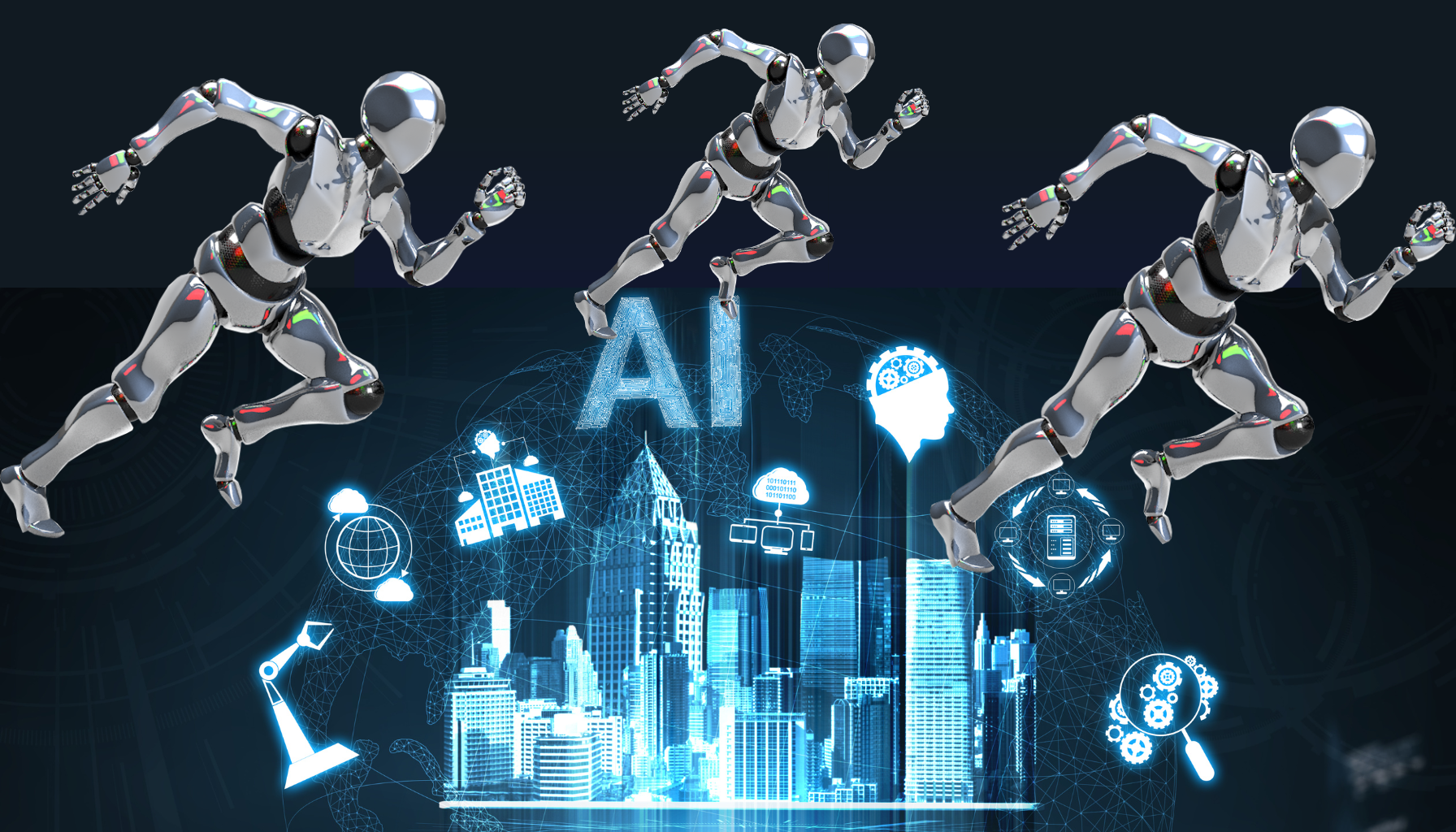
10 Benefits for Using AI in Your Organization
If you are wondering about using Artificial Intelligence in your Organization, then read through to find out 10 most common benefits for AI. Organizations benefit significantly from integrating AI into their applications, enabling enhanced efficiency, innovation, and strategic growth.
- Automation
AI automates repetitive tasks, reducing time and human error while improving productivity. For example, AI-powered robots streamline manufacturing processes, resulting in higher production rates, better product quality, and reduced lead times.
- Smart Decision-Making
AI analyzes large datasets to identify trends and provide actionable insights. Predictive analytics helps businesses make informed decisions, such as optimizing inventory levels or forecasting market trends.
- Enhanced Customer Experience
AI improves customer service through chatbots and virtual assistants that offer personalized interactions and 24/7 support. These tools reduce strain on customer service teams while boosting customer satisfaction.
- Increased Efficiency
AI handles tasks at a scale and speed beyond human capabilities, allowing employees to focus on higher-level responsibilities. This leads to smoother workflows and improved operational efficiency.
- Cost Savings
AI reduces operational costs by automating routine tasks and optimizing processes like supply chain management and energy consumption. Predictive maintenance further minimizes expenses by preventing costly downtime.
- Data Analysis and Insights
AI processes complex data to uncover patterns, trends, and actionable insights without requiring a dedicated data scientist. This capability supports evidence-based decision-making across industries.
- Solving Complex Problems
Advanced AI models tackle challenges like fraud detection, medical diagnosis, and weather forecasting, increasing productivity while reducing expenses.
- Business Continuity
AI helps organizations anticipate risks and disruptions, ensuring smooth operations even during crises. For instance, supply chain management systems use AI to predict issues and suggest alternatives.
- Minimizing Errors
By automating repetitive tasks, AI reduces human error in areas like financial data entry or payroll processing, ensuring accuracy in critical business operations.
- Innovation and Growth
AI enables businesses to explore new opportunities by expanding capabilities into areas like autonomous systems or personalized product recommendations. This fosters innovation and opens up new revenue streams.
In summary, AI empowers organizations to optimize operations, enhance customer experiences, reduce costs, and drive innovation—making it an indispensable tool for modern businesses across industries.

